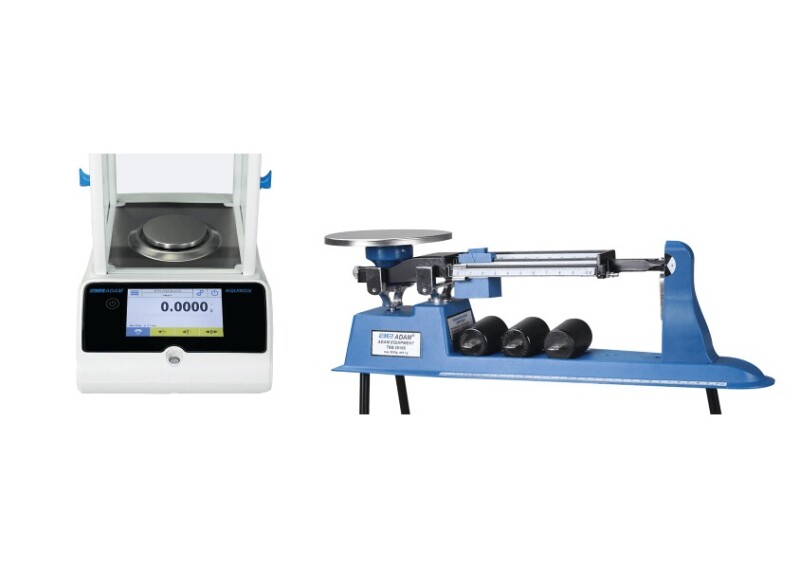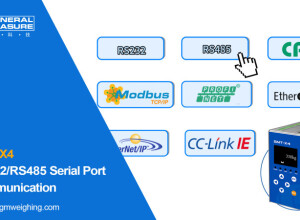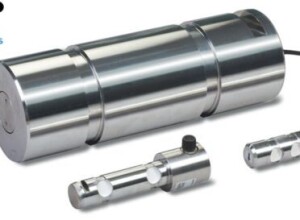Inscale Scales Ltd (United Kingdom) - Laboratory balances are some of the most precise and advanced pieces of weighing equipment available, but choosing the right one is not always easy. With a range of capacities to choose from and so many weighing functions available, the process of buying your laboratory balance may require some guidance. So, to help, we’ve compiled a list of 10 considerations to make to ensure that you buy the perfect scale or balance for your laboratory.
10 Considerations to Make When Buying a Laboratory Balance:
What is the required capacity of your balance?
Perhaps one of the most fundamental considerations of all; capacity. Users need to have a laboratory scale with a maximum capacity that can hold their desired subject, so its crucial to have an understanding of what you want to weigh before you buy. It’s recommended to leave enough room between the weight of your subject and the maximum capacity of your scale, and always remember that using containers when weighing will reduce your overall capacity.
What is the minimum readability of your balance?
Sometimes, highly precise balances with extremely small readabilities are required in laboratory weighing. Readability is defined as being the smallest division of mass that your instrument can display. Industries such as medical research or entomology may require highly precise measurements of 1 milligram and below, but some scientific weighing such as materials testing may only require weighing in 0.1g.
What features do you need for you lab balance?
Laboratory balances often require different weighing features alongside their immediate simple weighing function, and there are many to choose from. More basic functions such as parts counting, checkweighing or percentage weighing can be useful for making everyday processes simpler and more efficient. Precision, analytical and semi micro balances can be used for more advanced weighing practises and therefore may be required to perform statistical analysis, density determination and purity analysis.
Size and footprint:
This one is simple, but it’s still important. It’s crucial to understand the size of your weighing area and whether or not your laboratory balance will fit comfortably in it. For a smaller space with limited storage, a compact balance could be a good option. Remember to leave enough room for you to work adequately and try to keep free worktop space around you for any papers, utensils or subjects.
Does your balance need internal or external calibration?
There are two types of calibration options available: external and internal calibration. External calibration requires the use of certified external calibration weights which you will have to buy separately to your weighing instrument. Internal calibration typically features on newer balances and is a system that does not require any external mass. Some weighing balances can do this automatically or some may require a simple press of a button. If you work in a field where accuracy is paramount at all times and your balance requires regular calibration, something with internal calibration would be the best laboratory weighing balance for you. However, a balance with internal calibration will be more expensive than a one without!
Do you need a mechanical or digital scale?
Whilst it’s obvious that digital lab balances are more advanced, mechanical balances still possess a number of desirable characteristics. Most notably they do not require any power, enabling users to have more freedom with where they are used. Mechanical scales are also extremely robust and will be dependable even under harder conditions. It’s important to note that mechanical scales aren’t as accurate, so if you require a high accuracy device, a digital model would be the best laboratory weighing balance.
What is your budget?
Every laboratory has a different budget, and weighing scales can range anywhere from £50 to £3000. At the entry level end of the spectrum, you have compact balances – simple and straightforward laboratory scales that can be used for everyday weighing. As readability gets more and more precise, especially with higher capacities, the price of your loadcell will increase. Semi-micro and analytical balances will be valued at a higher price, so always make sure the characteristics you want from your balance are truly the ones you need.
Do you need trade approval?
Trade approvals are required for any industry that sell a product with a price that is directly related to its weight, and laboratory weighing is no different. For example, pharmaceutical companies will need to use certified scales for producing medicines or selling prescriptions over the counter. Be sure whether your industry requires trade approval or not, and it you need more help, contact trading standards. See our full range of trade approved lab scales.
Portability:
Portable weighing scales can be used for areas in a lab that might not have easy access to power or for field work. Many scales are battery powered, such as the Adam CBX Compact Bench Scale, which can also be charged on the go via USB for increased flexibility whilst working. As well as digital scales, mechanical scales can also be a good option and offer durable, long lasting designs at an affordable price. Many scales and balances can also come with heavy duty carrying cases for keeping your instrument safe and secure at all times.
What units do you need?
With modern digital lab balances its easy to switch between popular units such as grams, pounds or kilograms, but it’s worth bearing in mind that some balances will come with more specific units. Some examples would be carats, pennyweights, grains or tola, many of which are predominantly used in weighing precious stones or metals.


























Interested? Submit your enquiry using the form below:
Only available for registered users. Sign In to your account or register here.